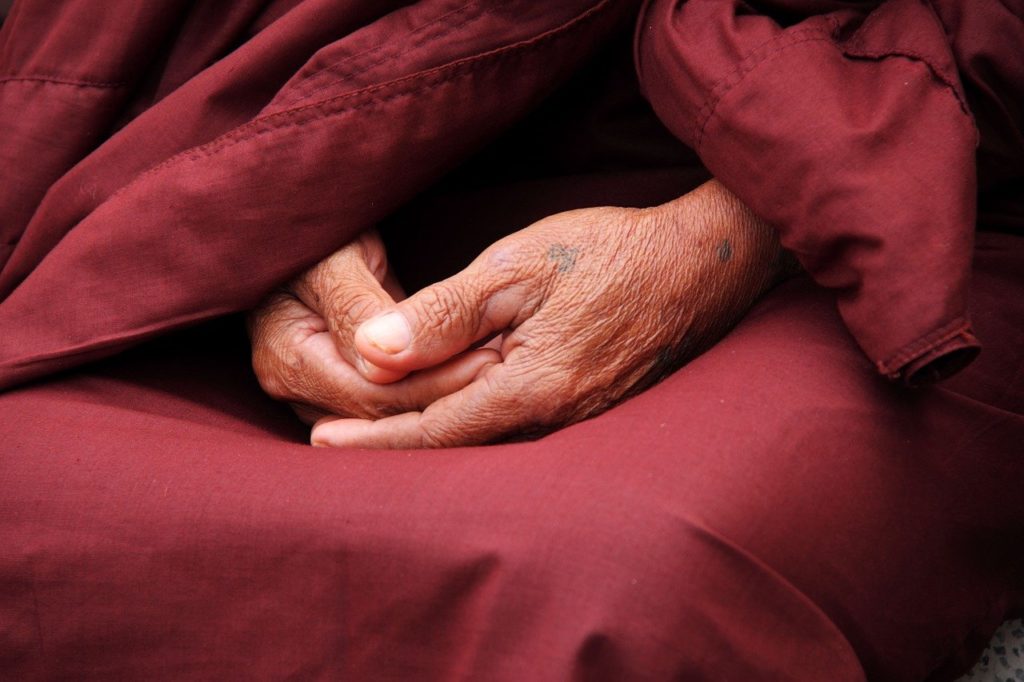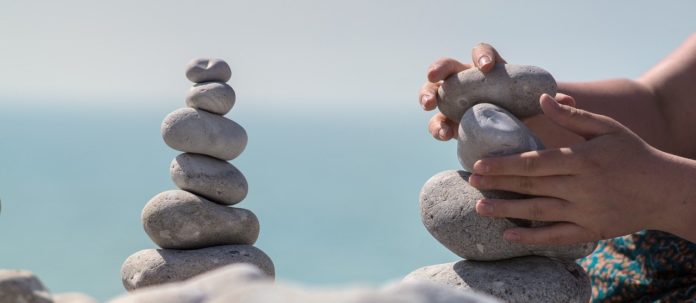Have you ever heard of the saying that patience is a virtue and wondered what it really meant? Those of us who are used to instant gratification probably couldn’t care less. Yet, reality tells us that patience is one of the key elements to achieving one’s goals even those so-called overnight success which we so often read or hear about. Think of patience as a gateway virtue to other virtues that are equally important to leading a happy, accepting, and fruitful life.
If you find yourself having been impatient recently, know that it is okay. Everyone has the right to be impatient; what is important is that we are aware of it and willing to make the necessary changes. If you want to be a more patient person, the first thing you need to know about this virtue is that it takes practice because the key to cultivating a habit is to do the same thing over and over until it becomes second nature.
Now, you may wondering: How do I practice patience everyday? What do I do when I fail? Well, the answer to this last question is: keep trying the next day, and the next, and the next. But to answer the first one, let’s discuss what patience actually is, why it’s considered a virtue and the reasons why you would want to practice it.
Patience – A Buddhist Perspective
Buddhists have long considered patience to be one of the states in which an enlightened person has attained. David Clark from Buddhist Sangha of Bucks County describes patience as ‘forbearance, endurance, acceptance, or forgiveness, but according to its Pali roots it may be best defined as “willingness.”’
In other words, patience is about one’s willingness to shoulder any and all difficulties with a smile without losing one’s sense of positivism or temper. To many people, it may seem like patience only comes into play when faced with truly challenging situations. But what about that time you lost your patience because the person in front of you was walking way too slowly? It happens!
That’s because there are three types of patience. The first is interpersonal patience, which consists of facing people we find annoying with equanimity. The second being patience about the hardships of life, which means being able to wait out the storm without despair. And finally, patience over daily hassles such as long queues, traffic jams, a bad day at work, and others.
Patience is a virtue because it’s the foundation of tolerance and perseverance; it allows us to be more positive, to achieve our goals and it also acts as the foundation for kindness. Therefore, it’s a good quality to have. The fact is that being more patient not just with people, but with any situation we come across that may cause us annoyance, pain or difficulty, allows us to be happier and calmer.
The Benefits of Being Patient
1. It improves your mental health.

When you think about someone who’s impatient about every little thing, do they seem mentally healthy? No, they don’t. They’re always stress, negative, angry and anxious. So it’s not a big surprise that being patient contributes to a healthier mind. This might have something to do with the fact that patient people are better at coping with upsets and stress. They also tend to be more mindful, more grateful and they feel more connected to the universe, which gives them a sense of great abundance. So, the more you practice patience, the more positive emotions you’ll be able to experience.
2. It makes you a kinder person.

Patient people tend to be kinder, more emphatic, generous, cooperative and even forgiving of others. It allows us to become better friends, partners, lovers, neighbors, daughters, sons and parents. When we practice patience, we are practicing a kind of selflessness where we are able to take on some discomfort to save other people a hard time. This makes us more emphatic, leading to big changes in our behavior.
3. It allows you to enjoy more of the journey.

Success is a long and winding road. Things rarely go according to plan, but if we’re patient, we will eventually get to where we want to go. It’s when you are able to accept that the things you want will take time instead of materializing in the blink of an eye that your struggles will become less challenging.
How to Cultivate Patience in Your Life

The key to developing the lifelong habit of patience is all about having the discipline to build up your tolerance one day at a time. Know that it will take time, effort, trial and error, but you’ll find yourself becoming more and more patient. Here are a few things you can do whenever you feel impatience is rearing its ugly head.
First, you want to reframe what’s going on. If someone’s late to their appointment with you, you could rage about how much they disrespect your time or you could see that extra time as an opportunity to do something positive. Reframing your thoughts about what’s making you impatient is a way of self-control. Turn the situation around in your head so you can teach yourself to regulate your negative emotions.
Of course, mindfulness is a huge part of becoming more patient, so it’s important to practice it. When you’re feeling impatient, stop what you are doing and take deep breath. Become aware of your emotions (say hello to them even!), smile, and let them be on their way.
And, last but not least, practice gratitude! It’s so easy to lose perspective on things. It is so easy to focus only on the things that are making us feel the negative emotions. But it’s easy because it’s what you’ve taught yourself. Teach yourself how to be grateful instead and you’ll find yourself becoming more and more patient!




